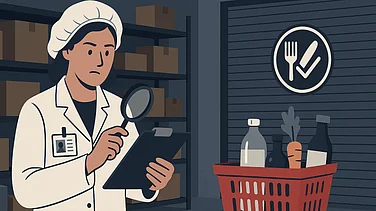According to the Office of the Principal Scientific Advisor, sufficiently ventilated rooms are important for lowering the Covid-19 viral load of infected air and reducing the chance of spreading from one infected individual to another.
The Office of the Principal Scientific Advisor (PSA) stated in its recommendation, ‘Stop the Transmission, Crush the Pandemic-Masks, Distance, Sanitation, and Ventilation to prevent the spread of SARS-CoV-2 virus,’ that ventilation is a communal weapon that protects everyone at home or at work. The advisory emphasises the importance of well-ventilated rooms in diluting the viral load of infected air in poorly ventilated locations such as homes and offices.
The advise added that similar to how odours may be diluted from the air by opening windows and doors and employing exhaust systems, ventilation places with increased directional airflow reduces the accumulated viral load in the air, lowering the risk of transmission. It stated, “Measures to improve ventilation in these spaces must be taken up on urgent priority in urban and rural areas alike, recommendations for hutments, homes, offices and large centralised buildings are given. Simple strategic placement of fans, open windows and doors, even slightly open windows can introduce outdoor air and improve the air quality inside.”
The use of cross ventilation and exhaust fans will help to prevent the virus from spreading, according to the report. When improved outdoor airflow choices are restricted in buildings with central air-management systems, boosting central air filtration/increasing filtration efficiency is very beneficial. Gable fan systems and roof ventilators are advised for usage in workplaces, auditoriums, and shopping malls, among other places. Frequent cleaning and filter replacement should be done on a regular basis.
The major mode of virus transmission is by saliva and nasal discharge in the form of droplets and aerosols produced by an infected person while exhaling, talking, singing, laughing, coughing, or sneezing. A person who is infected but has no symptoms can potentially spread the virus. The virus can spread even if no symptoms are present. According to the recommendation, people should continue to wear masks, double masks, or N95 masks.
The report added that the SARS-CoV-2 virus infects a human host where it may grow but it cannot survive without the host, and halting the virus from spreading from one person to another will reduce the disease's infection rate to a point where it can finally die.































